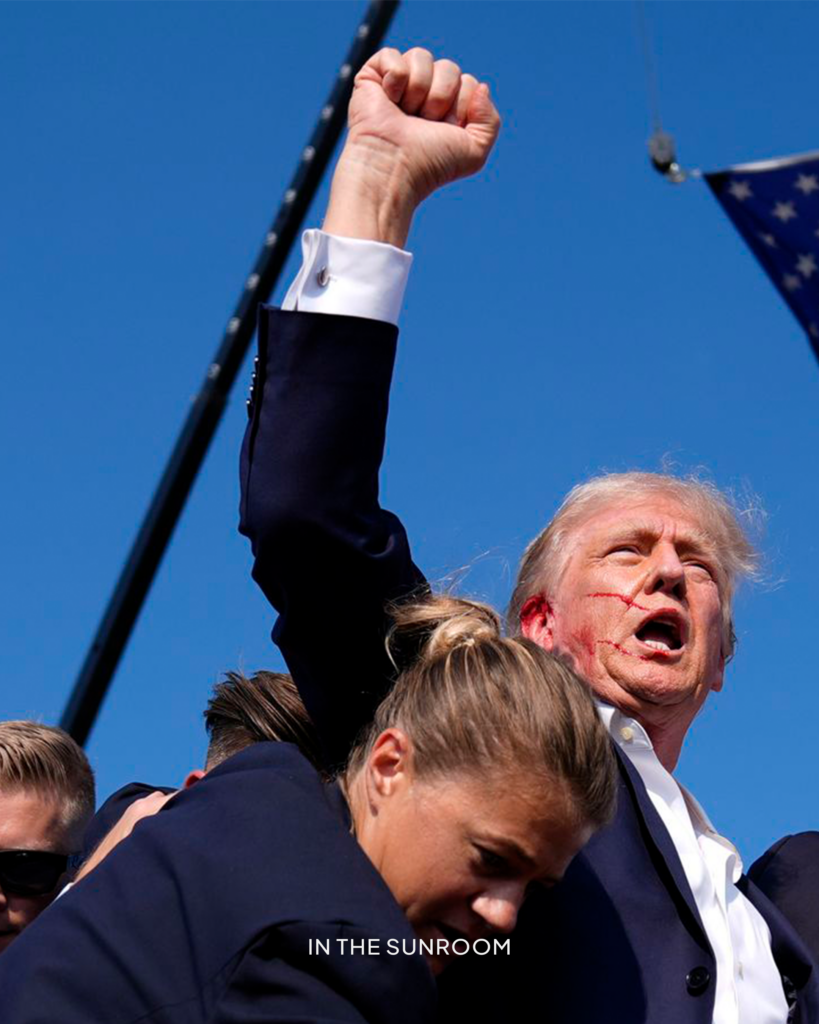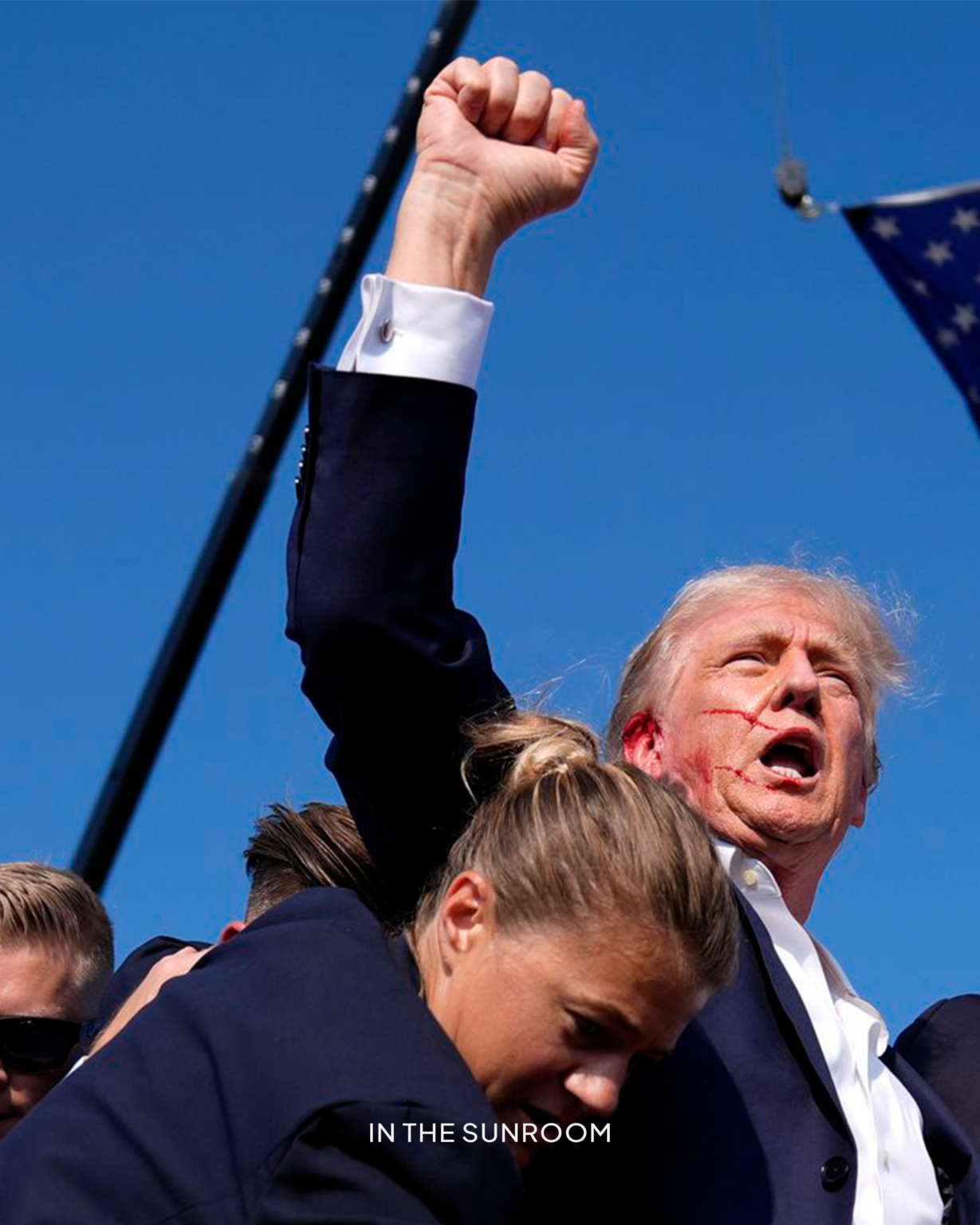Personal branding for politicians sounds distasteful at first—but I promise it is for the better.
My personal sentiment toward politics is complicated. I was exposed to politics the most in my late teens and early twenties when I was a journalism student. I was fortunate to have been under the tutelage of Professor Dr Wong Chin Huat and he encouraged us to even go for big-name politicians for our interview assignments. We did. It was fascinating to experience firsthand how each politician showcases their personalities differently in consideration of, or the lack thereof, their political promises.
In the arena of politics, it is not just about policies and promises. It’s about personalities just as much. And in the age where social media openness gives us direct access to leaders, personal branding is an essential tool for influence.
Here’s the thing: personal branding for politicians isn’t about creating a facade or hiding behind well-written speeches. The most effective political brands are those that feel authentic, resonate with the public, and reflect the leader’s core values and mission.
I enjoy reading politics and observing public responses of politicians, from Donald Trump’s polarizing yet unmistakable “America First” persona to Sanna Marin’s modern, relatable leadership, personal branding shapes not just how politicians are perceived but also how they connect with their audience.
I’ve seen how branding strategies can make or break a public figure’s career. And what does personal branding look like in politics? Let’s see.
Table of Contents
Why Personal Branding Matters in Politics
Let’s start with this: personal branding isn’t just for Instagram influencers or entrepreneurs. Politicians need strong personal brands to:
- Build trust with their constituencies,
- Amplify influence beyond political spheres, and
- Shape their legacy in the public eye.
Think about it: the difference between one who drowns out in the background and one whose voice cuts through the noise—and is favored during ballot box times—comes down to how well they connect. It’s not enough to have great policies or leadership skills—you have to communicate who you are and why people should care and it is often in subtle things that we do remember. And that’s your personal brand.
I remember clearly the first time I met Hannah Yeoh in 2009. She was a new star in the party. Despite the disheveled state of her then-open office, she got up from her desk chair to move the piles of documents and files from the seater in the waiting area for me to sit down.
Another politician who made a positive impression on me was Tun Daim in 2011. He was very late but was apologetic about it. The interview began extremely cordial but took a turn when I asked about his return to politics after his resignation in the 1990s. He shared from his personal POV.
When it comes to politics, the public is often quick to judge, which pressures politicians to be reactive to public opinions. Although the two examples above are formed through personal encounters, it is nevertheless a testimony of their personal brands. This is all the more reason politicians need to prioritize personal branding as it humanizes their roles in the public and supports their undertakings.
“When it comes to politics, the public is often quick to judge, which pressures politicians to be reactive to public opinions. Personal branding humanizes humanizes roles in the public and supports their undertakings.”
The Power of Authenticity
Sanna Marin, the former Prime Minister of Finland, is a masterclass in authentic branding. Young, progressive, and unafraid to share glimpses of her personal life, Marin broke the mold of traditional political leadership when she took office at just 34.
What worked about her brand was her relatability. Whether it was posting a Spotify playlist or being photographed at music festivals, Marin’s approach made her feel like someone the public could understand and connect with—not just a distant figure of authority.
But authenticity comes with risks. Marin faced heavy criticism for her social activities, with some questioning her professionalism. However, she handled these moments with transparency, reinforcing her brand as a leader who is both human and capable.
Takeaway: Authenticity in branding doesn’t mean oversharing; it means showing enough of your true self to build trust and connection.
Polarizing Power
Whether you love him or hate him, Donald Trump’s brand is undeniably unshakeable. His “Make America Great Again” slogan is the rallying cry for millions on- and off-campaign periods. His unapologetic and often controversial style made him one of the most talked-about leaders in world history.
Trump’s brand worked because it has always been consistent since before he campaigned in 2016. Every tweet, rally, and policy announcement reinforced his identity as a disruptor and a populist. He leaned into his strengths—his business background, his media savviness—and didn’t shy away from his polarizing nature.
A polarizing brand comes with significant risks such as alienating certain groups. But for Trump, the loyalty of his core supporters outweighed the criticism as shown in the recent 2024 election outcome as he became the second U.S. President to win non-consecutive terms.
Takeaway: A polarizing brand can be powerful if consistent and messaging deeply resonates with your target audience.
Building Connection Through Empathy
Anwar Ibrahim’s journey to becoming Malaysia’s Prime Minister is a testament to resilience and the power of a brand built on empathy and reform. His narrative—marked by constant political persecution, imprisonment, and eventual vindication—made him a symbol of hope and change to many.
Anwar’s brand is rooted in his ability to connect with diverse groups, from grassroots supporters to intellectuals. He positions himself as a unifying figure, advocating for fairness and justice. This brand of empathy and relatability has been key to his influence. It also helps that he is indeed charismatic when you watch him—be it howling his battle cry “reformasi” or eloquently speaking into cameras.
Takeaway: A brand built on empathy and shared values can foster deep loyalty and inspire meaningful change.
The Importance of Relatability
There are many politicians who will not want to share their past or get personal about remarks made by other politicians but for Georgie Purcell, it has become her strength. The Australian politician has built a personal brand that’s refreshingly relatable. By openly discussing her background, values, and passions, she’s carved out a space that feels genuine and approachable.
Georgie’s brand leverages transparency to connect with her constituents. Whether she’s sharing her love for animals or advocating for worker rights, her messaging feels consistent and true to her core identity. Her savviness in leveraging her personality to influence discussions and navigate the pervasive culture of cyberhate in a way that is coherent with her personal brand.
Takeaway: Relatability isn’t about being perfect—it’s about being real and finding ways to resonate with your audience’s everyday experiences.
“Relatability isn’t about being perfect—it’s about being real and finding ways to resonate with your audience’s everyday experiences. ”
How to Build a Strong Political Brand
Based on these examples, here’s how politicians—and anyone seeking influence—can create a compelling personal brand:
- Define Your Core Values: What do you stand for? Your brand should reflect your principles and vision.
- Be Consistent: From your speeches to your social media, your messaging should reinforce your identity.
- Embrace Authenticity: People connect with real, relatable leaders. Share your story and show your humanity.
- Engage Your Audience: Build two-way connections through conversations, not just broadcasts.
- Adapt with Purpose: Evolve your brand to stay relevant while staying true to your core identity.
Influence Through Identity
Personal branding for politicians isn’t just about winning elections—it’s about building trust, connection, and influence that lasts. Whether you’re a disruptor like Trump, a unifier like Anwar Ibrahim, or a modern leader like Georgie Purcell, your brand really is your greatest asset.
For me, watching these leaders has reinforced a simple truth: the strongest brands aren’t manufactured; they’re cultivated. They’re rooted in authenticity, guided by values, and designed to connect on a deeply human level. In politics, as in life, your brand is your legacy. Craft it wisely.










